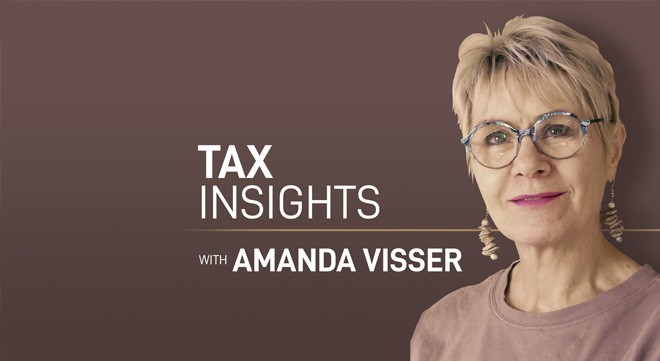Civil society is increasingly frustrated and even astounded by the fact that the government continues to work in silos, resulting in valuable information to deal swiftly with corruption and tax evasion falling through the cracks.
The Organisation Undoing Tax Abuse (OUTA) has pleaded for a single point where information can be shared to empower the criminal justice system, of which the South African Revenue Service (SARS) is a part, to apprehend criminals far quicker.
At the annual Tax Indaba in Cape Town, OUTA chief executive Wayne Duvenhage said South Africa must deal with corruption in a different way and it must be done collectively.
“It frustrates us as civil society that we struggle to do that.”
Opportunities for corruption
SARS Commissioner Edward Kieswetter said in another session during the indaba that the government has multiple distributers of huge amounts of money.
SARS distributes refunds, the South African Social Security Agency distributes grants, the National Student Financial Aid Scheme distributes student loans, and the Unemployment Insurance Fund distributed vast amounts under the Temporary Employee/Employer scheme during the Covid pandemic.
“Every time there is an opportunity for corruption, wastage and cost.”
The government should have a single payment and distribution platform for any financial transaction or any financial benefit. “It is not rocket science. We can do it if we make the right political and policy choices,” he said.
Instant payment system
SARS and the South African Reserve Bank are designing an instant payment system, modelling it on a similar system introduced in Brazil. The objective is to increase “financial inclusion” to decrease the amount of cash in the system, Kieswetter said.
“The value proposition is that it will only work if that form of payment is as cheap or cheaper than money and safer than money. Brazil has made it a zero cost to the user and near zero cost for the service providers.”
Former finance minister Trevor Manuel said that in the early days of democracy, they were able to triangulate the SARS system with other government systems, so that when someone bought two luxury vehicles in one day, SARS would know about it.
Since 2009, there has been so much tampering with the systems and institutions that it has impacted on the agenda to broaden the tax base. “Not only did SARS lose a lot of capacity but a lot of systems that were put in place were hammered away at.”
Manuel referred to the Aadhaar card system in India where individuals must provide minimal demographic and biometric information, which include their name, date of birth or age, gender, address, mobile number, fingerprints, iris scans, and a facial photo.
If South Africa had a similar system, it would mean that if someone is awarded a tender, it will record on the card. When you change any of your details – for example, change the name of your company with the Companies and Intellectual Property Commission – it will reflect on the card.
“This way you close the loopholes. If that means some tenderpreneurs are not going to get as many tenders, then that is for the good of the country. I am campaigning and I hope that everybody will support a system like that in India.”
According to Manuel, India could roll out the system in a few years, extending it to 1.4 billion people. With 60 million people in South Africa, it should be done in a day, he remarked.
Hide and seek
In South Africa it is difficult to trace individuals because they can hide under several “identities” and the things they transact with have equally multiple identities.
Former SARS executive and author Johan van Loggerenberg said SARS’s enforcement arm is small. “They must work super-smart, and they have to be quite ingenious to punch above their weight. We must be more ingenious in how we tackle tax evasion and all forms of criminality that has a profit-motive,” he added.
He referred to World Bank and the United Nations estimates of the illicit economy at R750 billion a year that is being lost to the fiscus.
Duvenhage says it is frustrating that the illicit tobacco trade in South Africa pre-Covid was around 30%. Today it close to 60%. There is a lot of evidence about the flow of corrupt money, yet there is a “political unwillingness” to deal with some of these matters.
Shine the light
Duvenhage said OUTA is meeting regularly with the Auditor-General’s (AG) office. The perpetrators of crime in government departments know how to hide, deflect, and distract the auditors away from where the issues are.
“We meet with whistleblowers and put them in touch with the AG before they go to the various departments to show them where to look. This is very encouraging.”
SARS alone cannot fix everything, Kieswetter remarked. “We are like the little boy with a finger in the dyke. South Africa needs social transformation and greater respect for the law from professionals, citizens, and institutions. If we do not get there, we will continue to erode not just financial gain but our social fibre.”
Amanda Visser is a freelance journalist who specialises in tax and has written about trade law, competition law, and regulatory issues.
Disclaimer: The views expressed in this article are those of the writer and are not necessarily shared by Moonstone Information Refinery or its sister companies. The information in this article does not constitute financial planning, legal, or tax advice that is appropriate to every individual’s needs and circumstances.



